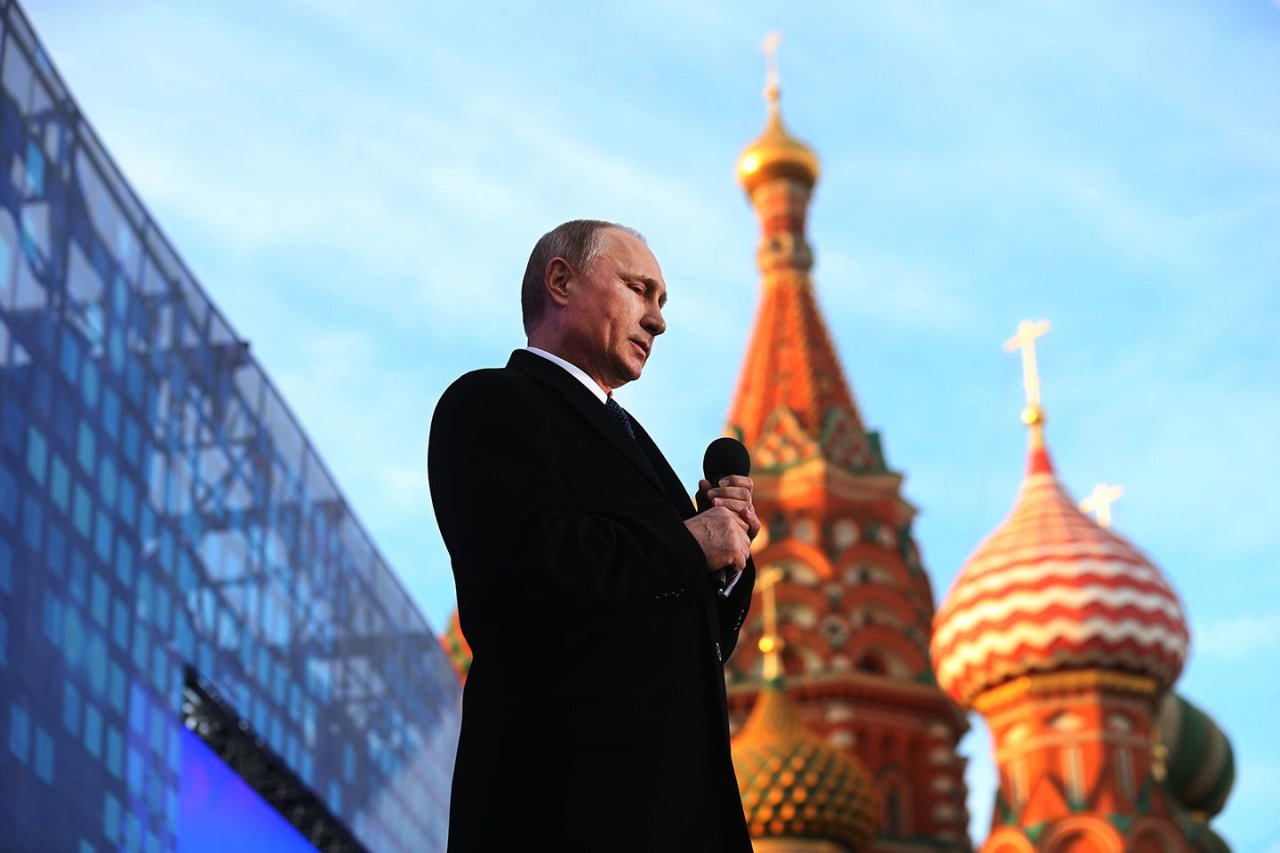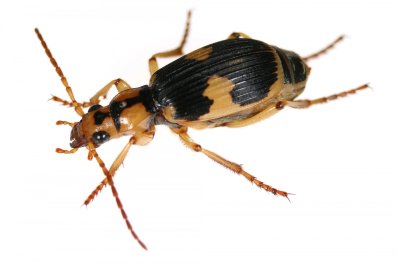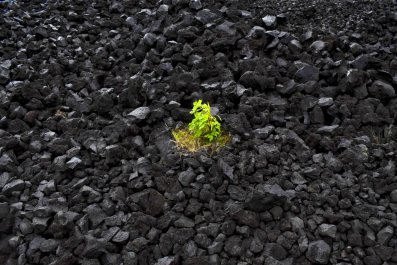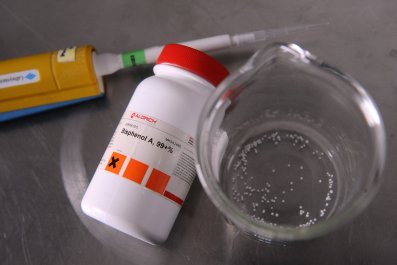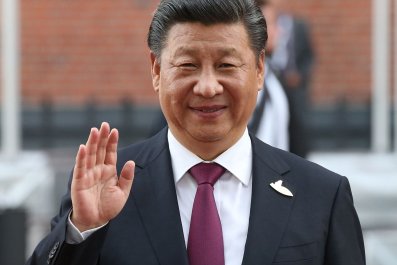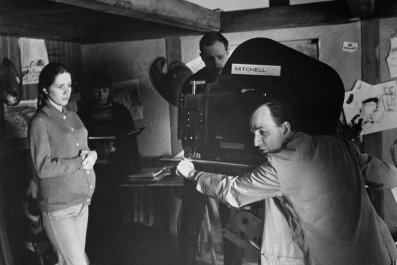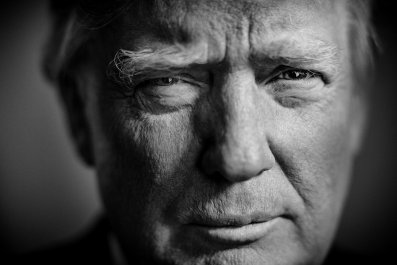It was just before dawn in early February when heavily armed officers from Russia's FSB security service raided a luxurious mansion in Dagestan, a volatile republic in the southern part of the country.
The mansion belonged to Abdusamad Gamidov, the Kremlin-installed leader of the republic. As the officers searched his palatial residence, they discovered a startling display of wealth, especially for one of Russia's poorest regions. There were designer watches, rare furs, a stuffed tiger and even a gold-plated handgun with the first three letters of the Dagestani leader's surname carved into its ornate handle.
Russian authorities rounded up Gamidov, two of his deputies and other senior officials and put them on planes to Moscow, where they were charged with embezzling state funds. (All maintained their innocence.)
Their arrests were part of a high-profile crackdown on allegedly corrupt officials. In December, Russian authorities imprisoned Alexei Ulyukayev, the economy minister, for eight years on charges of soliciting a $2 million bribe from Igor Sechin, the powerful head of Russia's Rosneft oil company. The first serving government minister to be arrested in Russia since 1953, Ulyukayev alleged he was the victim of a "cruel and horrific setup."
Months later, in February, Russian courts jailed two regional governors, Nikita Belykh and Alexander Khoroshavin, on bribery charges. The authorities alleged Khoroshavin had around $1.7 million at his home in illicit cash, as well as piles of expensive designer jewelry, including a diamond-crusted pen worth over $600,000. REN TV, a pro-Kremlin channel, said the sentences proved that there were no untouchables in the government's fight against corruption. (Both men denied the accusations.)
The timing was no coincidence. In less than a month, Russians will vote in the country's presidential election. Its longtime leader, Vladimir Putin, is all but certain to win and secure another six years in office. Channel One, Russian state television's flagship station, hailed the Dagestan detentions as part of a "large-scale battle against corruption," while Life News, a popular pro-Kremlin website, reported that the republic had been "purged of corrupt officials."
Analysts say the charges against the officials in Dagestan were part of the Kremlin's efforts to tighten its grip on the restless region. But the mass arrests there, coupled with the long prison terms handed down to Ulyukayev and the regional governors, have also allowed Putin to boost his anti-corruption credentials ahead of the election. "Law enforcement agencies will receive political support in this work," he told officials at the prosecutor general's office on February 15. "I request that you act with maximum decisiveness."
Putin has high approval ratings, and opinion polls show that Russians do not generally blame him for social problems such as rising poverty. Yet corruption is one of the former KGB officer's few vulnerabilities. A public opinion survey published last year by the Levada Center, the nation's only independent pollster, indicated that 67 percent of Russians hold Putin responsible for the high-level fraud and embezzlement that costs the country tens of billions of dollars every year. Nearly 80 percent said they believe the Russian government is either "totally" or to "a significant level" mired in corruption.
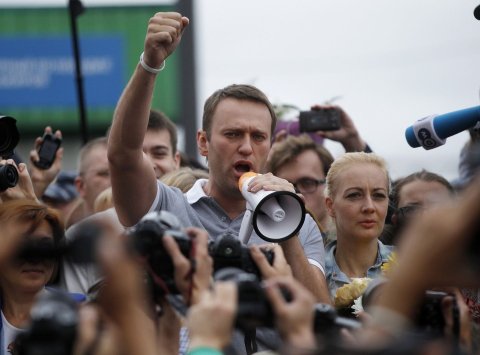
And people are getting angry. In recent months, there has been a sharp increase in protests across Russia, according to the Center for Economic and Political Reform, a Moscow-based think tank. "Corruption is one of the reasons behind a rise in social conflicts and labor-related protests," said a report published by the think tank in November 2017.
What's exacerbated Putin's weakness are a spate of investigations by Alexei Navalny, a prominent Kremlin critic. So far, over 26 million people have watched an online video by Navalny's Anti-Corruption Foundation alleging massive fraud by Dmitry Medvedev, the prime minister. The video, which was posted in March 2017, also led to repeated nationwide protests that resulted in more than 1,500 arrests last year. "It's very important for the authorities to show they remain the principal players in the battle against corruption," says Ilya Shumanov, deputy director of the Russian branch of Transparency International, the global anti-graft organization. "They are trying to prove that they are really taking action."
That task has become more urgent ahead of the elections. Although Putin has no serious challengers, insiders say the Kremlin is desperate for the president to get at least 70 percent of the vote with a 70 percent turnout, to underscore his legitimacy. "The authorities understand that they need to earn large numbers of political points in the run-up to the presidential polls," says Abbas Gallyamov, a Kremlin speechwriter turned political consultant.
It's not the first time the Kremlin has worried about rampant corruption and how it leaves the government open to criticism. In 2011 and 2012, tens of thousands of people took to the streets of Moscow to protest alleged vote-rigging in favor of Putin's ruling United Russia party. Those demonstrations, which continued until 2013, increasingly focused on allegations of corruption among the Kremlin elite. "Putin is a thief!" was one of the most popular chants. It was an unprecedented show of dissent against Russia's carefully managed political system.
The protests subsided, however, during Russia's annexation of Crimea from Ukraine in 2014, when a wave of patriotism swept the country and Putin's approval ratings rocketed to record highs. It wasn't until the euphoria finally faded that Kremlin officials were again forced to ponder how best to tackle resurgent anger over corruption. Their solution? "Purge regional officials and hand out long jail terms," says Gallyamov.
But the Kremlin's bid to convince Russians that its anti-graft rhetoric is for real has had limited success. Opinion polls indicate that a significant number of people believe the prosecutions of government officials are either carried out entirely for show or are simply the result of political infighting. "The absence of accountability means there is a lack of trust in the authorities," says Transparency International's Shumanov.
As the elections approach, Navalny is putting the Kremlin under more pressure. In February, he accused Oleg Deripaska, a Kremlin-linked oligarch, of bribing Sergei Prikhodko, a deputy prime minister. Navalny made the accusation after video footage and photographs emerged of the two men meeting on Deripaska's luxury yacht off the coast of Norway allegedly in the company of a female escort. "An oligarch takes a top government official on a ride on his own yacht—that's a bribe," Navalny said in a video that has so far gained more than 5 million views. "An oligarch pays for all of this, including young women from escort agencies. Believe it or not, that is also a bribe."
Deripaska didn't deny the meeting had occurred but called the bribery allegations "outrageous." Russian authorities' response? Instead of launching an investigation, they blocked access to Navalny's website. Deripaska also won a court injunction ordering websites to remove the videos and photographs, which he said were a violation of his privacy.
About a week after his allegations against Deripaska, Navalny accused Putin of flaunting his allegedly ill-gotten wealth by wearing a selection of luxury wristwatches worth a total of 36 million rubles ($639,000). That sum is almost equivalent to the president's total official earnings since he returned to the Kremlin in 2012. "Putin, it appears, asked for six years' salary in advance," Navalny said in February, "and spent it all on watches."
The Kremlin has not commented on the allegations. However, on February 19, police detained Roman Rubanov, a key figure with Navalny's anti-corruption organization, at Moscow's Sheremetyevo Airport and charged him with organizing illegal protests. He was sentenced to 10 days in jail. On February 22, Leonid Volkov, Navalny's chief of staff, was jailed for 30 days for retweeting footage of the opposition leader being detained at an anti-government protest. The sentences came shortly after Russian courts handed down brief jail sentences to two other key members of Navalny's group, again on protest-related charges. Navalny, meanwhile, has avoided jail this year—at least as of publication. (He spent over two months behind bars in 2017.)
For Kremlin critics, the developments were further proof that the much-vaunted anti-corruption campaign is a sham aimed at boosting Putin's image ahead of the elections. As a popular online joke has it: "In Russia, the authorities don't fight against corruption—they fight against those who fight against corruption."



